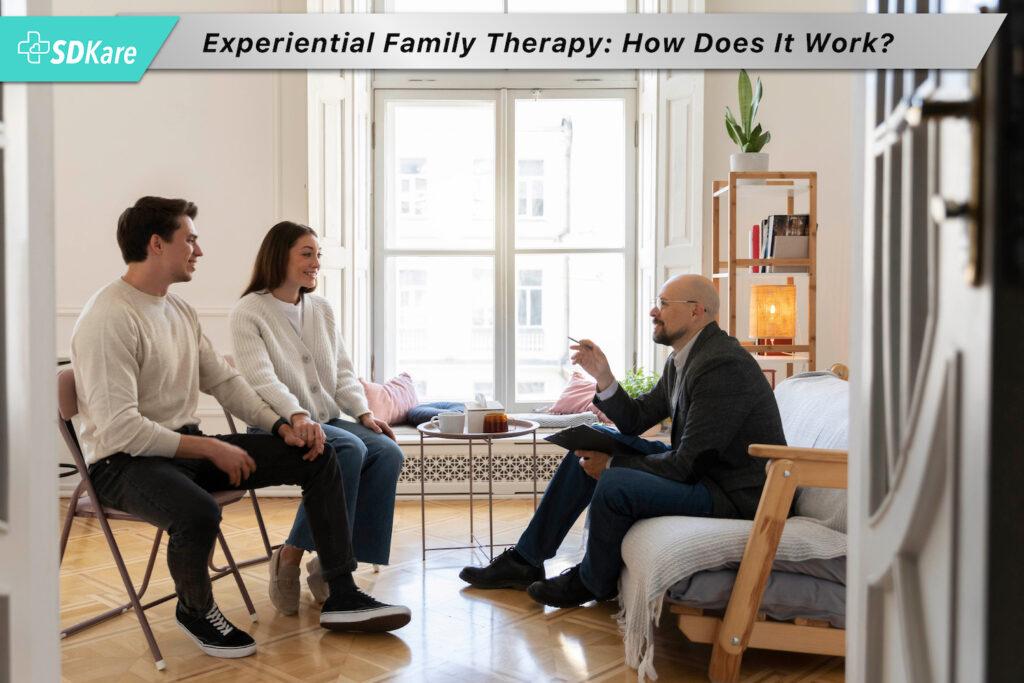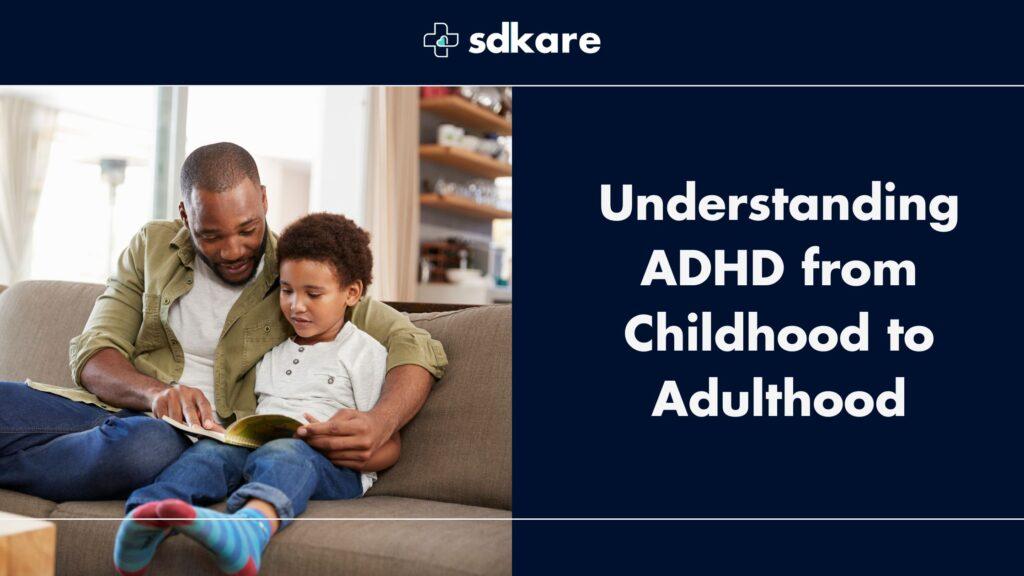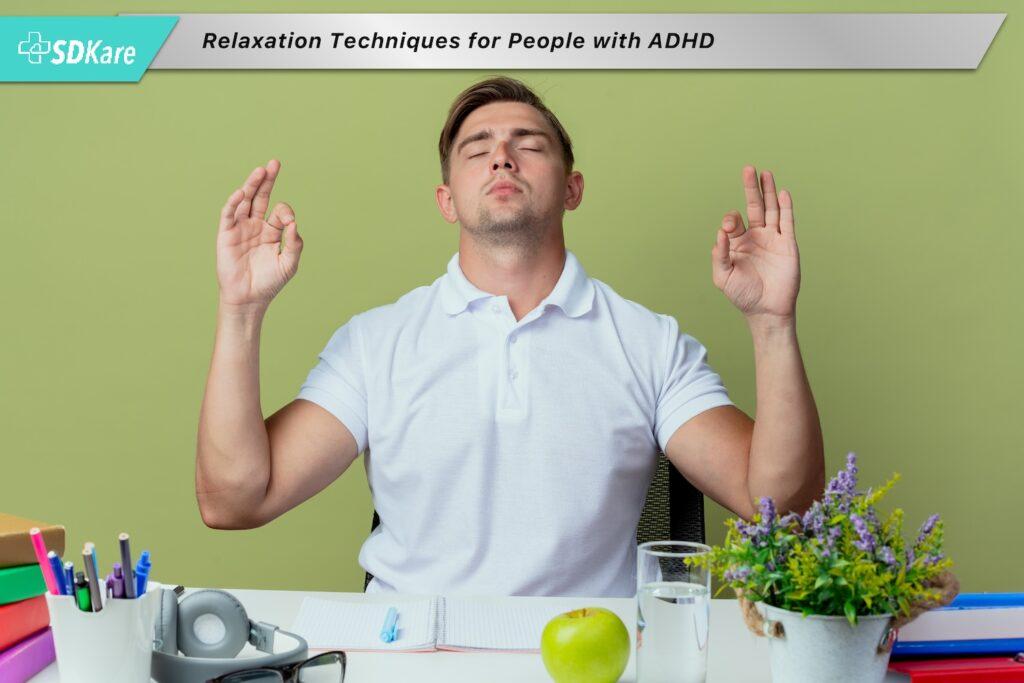Experiential Family Therapy, often referred to as ‘EFT,’ is a dynamic approach to family therapy that focuses on engaging families in interactive activities to address underlying issues, improve communication, and improve emotional growth. Moreover, in this blog post, we’ll delve into the world of experiential family therapy, exploring what it is, outlining some of its techniques, and providing a real-life example.
What is Experiential Family Therapy?
Experiential Family Therapy is a therapeutic approach that separates from traditional talk therapy. Moreover, it emphasizes the importance of experiencing emotions and interpersonal dynamics rather than just discussing them. Furthermore, this approach acknowledges that family problems are not purely intellectual but often deeply rooted in emotional and relational patterns.
Experiential Family Therapy Techniques:
- Sculpting: A symbolic experiential family therapy technique, sculpting involves physically arranging family members in a way that shows their relationships. Through this, therapists and families gain insights into power dynamics and emotional connections.
- Role-playing: Role-playing allows family members to step into each other’s shoes and understand different perspectives. Consequently, this technique improves empathy and helps break down communication barriers.
- Art and Creativity: The use of art, such as drawing or painting, can provide a nonverbal method for family members to express their feelings and thoughts. Consequently, it’s especially effective for children who may struggle to communicate verbally.
- Family Diagram: Creating a family diagram or a tree, on the other hand, is a visual representation of family relationships across generations. Consequently, it helps uncover generational patterns and systemic issues within the family.
- Emotion-Focused Techniques: Furthermore, therapists may motivate family members to express their emotions openly during sessions. As a result, this can lead to catharsis and emotional healing within the family.
Example of Experiential Family Therapy:
Imagine a family struggling with conflict and communication issues. During a typical therapy session, the therapist might use sculpting to physically arrange family members. As a result, the family might notice that the parents are physically distant, symbolizing emotional distance in their relationship. This understanding can serve as a starting point for addressing the underlying issues.
During subsequent sessions, role-playing might be employed to help family members understand each other’s perspectives. Consequently, this technique can lead to increased empathy and improved communication within the family.
In addition, art therapy could also be introduced, letting family members express their emotions differently. For instance, a child in the family may use art to communicate feelings they can’t express verbally. It could lead to a deeper understanding of their emotional world.
Advantages of Experiential Family Therapy:
Furthermore, Experiential Family Therapy has several advantages when used in family counseling. Here are some straightforward benefits:
- Engagement and Involvement: Families actively participate, making therapy more engaging.
- Expressing Feelings: It helps family members openly talk about their feelings and release built-up emotions.
- Better Talking: Families learn to communicate more effectively with each other.
- Recognizing Patterns: It helps identify repeated behaviors and problems in the family.
- Personal Growth: People in the family can discover more about themselves and grow as individuals.
- Fixing Conflicts: Families find ways to solve disagreements peacefully.
- Dealing with Trauma: It’s helpful in healing from past difficult experiences.
- Feeling Empowered: Families gain confidence in making positive changes.
- Stronger Bonds: It brings families closer together and makes them more supportive.
- Useful for Many Issues: It can be used to help with various family problems.
- Lasting Changes: The improvements made tend to stick around for a long time.
- Looking at Everything: It considers all aspects of family life, not just one person’s problems.
In short, Experiential Family Therapy gets everyone involved; as a result, it improves communication and helps families make lasting positive changes.
Experiential Family Therapy offers a unique and effective approach to addressing family issues by including members in experiential activities that improve insight and emotional growth. Furthermore, by using techniques like sculpting, role-playing, and creative expression, families can break down barriers, improve communication, and embark on a journey of healing and change. Therefore, if your family is facing challenges, consider exploring the world of experiential family therapy as a path toward positive change.




